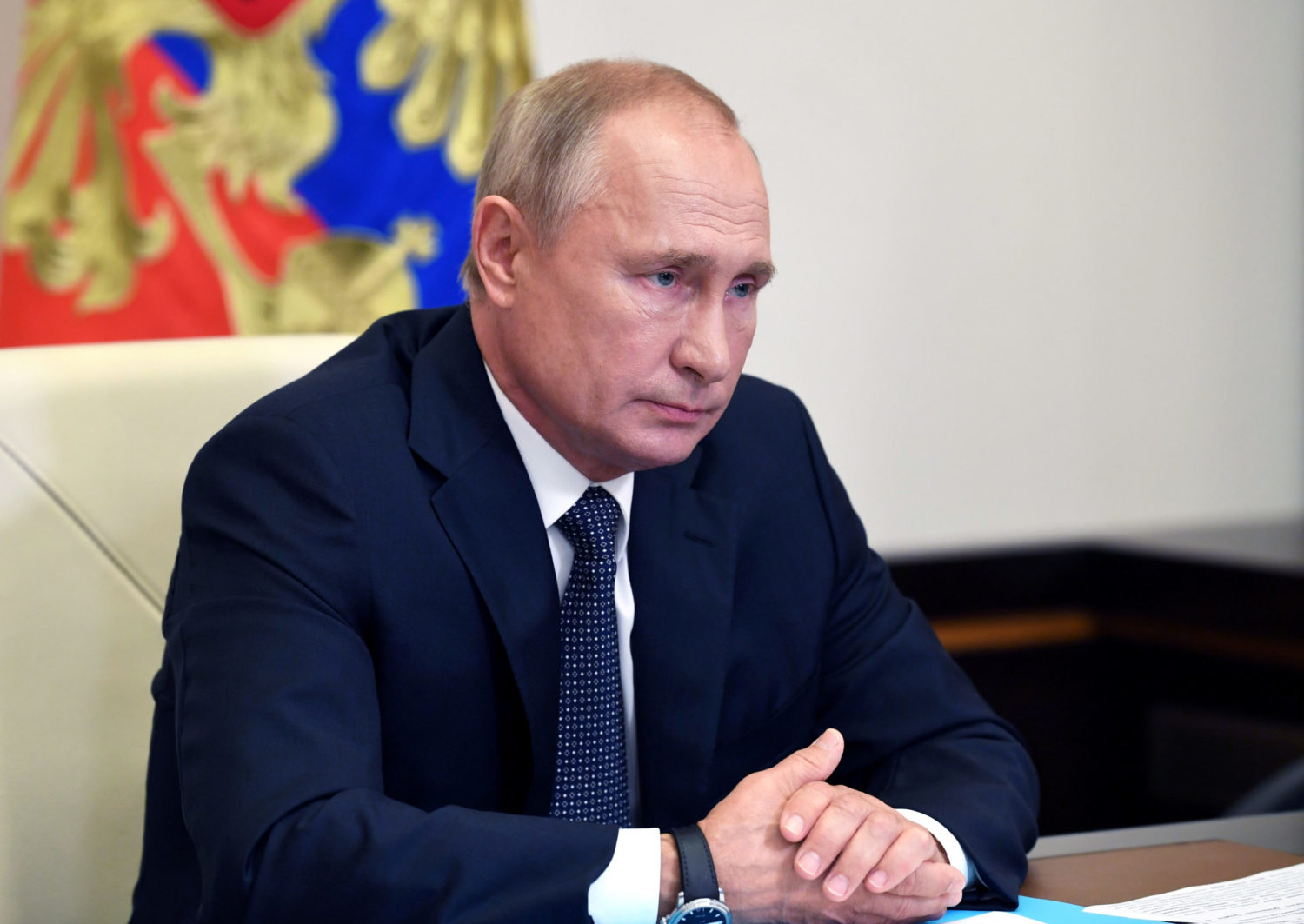
(Reuters) – Here’s what you need to know about the coronavirus right now:
Concern over U.S. autumn resurgence
The United States surpassed 170,000 coronavirus deaths on Sunday, according to a Reuters tally.
U.S. public health officials and authorities are concerned about a possible resurgence in cases in the autumn at the start of the flu season, which will likely exacerbate efforts to treat the coronavirus.
The United States has at least 5.4 million confirmed cases of the coronavirus, the highest in the world and likely an under count as the country still has not ramped up testing to the recommended levels. Cases are falling in most states except for Hawaii, South Dakota and Illinois.
Pandemic spreads in India
India’s COVID-19 death toll surpassed 50,000 on Monday and the total number of recorded cases neared 2.65 million as the outbreak spread further into smaller towns and rural areas, government data showed.
The world’s second-most populous country recorded 57,981 new infections in the last 24 hours, raising the total to 2,647,663, while an additional 941 deaths raised the overall death toll to 50,921.
India is only the third country, behind the United States and Brazil, to record more than 2 million infections. Experts have said India’s testing rates are far too low.
South Korea battles worst outbreak in months
South Korea warned of a looming coronavirus crisis as new outbreaks flared, including one linked to a church where more than 300 members of the congregation have been infected but hundreds more are reluctant to get tested.
The outbreak linked to the Sarang Jeil Church in Seoul is the country’s biggest in nearly six months and led to a tightening of social distancing rules on Sunday.
The Korea Centers for Disease Control and Prevention (KCDC) reported 197 new cases as of midnight on Saturday, most in the Seoul metropolitan area, marking the fourth day of a three-digit tally. “We’re seeing the current situation as an initial stage of a large-scale transmission,” KCDC director Jeong Eun-kyeong told a briefing.
New Zealand postpones election
New Zealand Prime Minister Jacinda Ardern postponed the general election by a month to Oct. 17, bowing to pressure after some parties complained they could not campaign with nearly a third of New Zealand’s 5 million people under lockdown in Auckland.
Ardern’s opponents accuse her of using the pandemic to shore up support as she appears on television nearly every day to reassure New Zealanders, while other party leaders struggle to get attention. Her rivals are hoping Ardern loses some of her appeal once economic hardships caused by the lockdown begin to bite.
“Shocking” rise in Lebanon
Lebanon must shut down for two weeks after a surge in infections, the caretaker health minister said on Monday, as the country reels from the massive Beirut port blast.
“We are all facing a real challenge and the numbers that were recorded in the last period are shocking,” Hamad Hassan said. “The matter requires decisive measures.” Intensive care beds at state and private hospitals were now full, he added.
Lebanon on Sunday registered a record 439 new infections and six more deaths from the virus in 24 hours.
The country, already deep in financial crisis, was struggling with a COVID-19 spike before the Aug. 4 blast that killed at least 178 people, wrecked swathes of the capital and pushed the government to resign.
(Compiled by Linda Noakes and Karishma Singh; Editing by Nick Macfie)











